10 of the best very short books from the Booker Prizes library
From classics to contemporary, we’ve compiled a selection of Booker-nominated novels that make a big impact in around 200 pages or less. They may be small, but they’re perfectly formed
By Donna Mackay-Smith and Gazelle Mba
As the late, great Beryl Bainbridge once said, ‘Unless a writer is superb, I don’t think it’s enough just to go wuffling on.’ A distinctive feature of Bainbridge’s novels - five of which were shortlisted for the Booker Prize - is that they were usually brief and to the point. ‘I write twelve pages to get one page,’ she said, ‘and I cut all the time.’
For her, every word had to count, with all superfluous detail jettisoned, but she was far from unique among the writers in the Booker canon in her approach. Dozens of Booker-nominated authors have been able to say more in roughly 200 pages (or less) than most writers manage to convey in novels three times that length.
Penelope Fitzgerald’s Offshore, which won the prize in 1979, is the shortest-ever book to win, at 141 pages. Anita Brookner’s 1984-prize winner Hotel du Lac is almost as short, while Ian McEwan’s On Chesil Beach, shortlisted in 2007, barely breaks 200 pages. Muriel Spark’s 1970 novella The Driver’s Seat, shortlisted for the Lost Man Booker, is a blink-and-you’ll-miss-it 102 pages.
Beyond these inimitable works, we’ve rounded up ten short novels from the Booker archives for those who love reading, but who think the best books needn’t outstay their welcome. From recently shortlisted works to hidden gems, these books show you that the best fiction often comes in the smallest packages.
Small Thing Like These by Claire Keegan
At a mere 116 pages, Claire Keegan’s Small Things like These became the shortest book ever to be nominated for the Booker Prize when it made the shortlist in 2022. Set in the run-up to Christmas in 1985 in County Wexford, it tells the story of local coal merchant Bill Furlong, who must decide whether to speak out against the complicit silence of his close-knit community after he makes a shocking discovery at a local convent. Keegan’s novel, set against the scandal of the Magdalene laundries, in which thousands of women and children were incarcerated, blends the conventions of historical fiction with a poignantly-written character study. Many have described Small Things as having a Dickensian quality and this elegiac read encapsulates the economic hardship of the time, while concluding with a dash of much-needed hope.
The Bookshop by Penelope Fitzgerald
Penelope Fitzgerald’s 1978 longlisted novel whisks readers to a sleepy 1950s Suffolk village where a lonely outsider risks everything to open a bookshop, only to face unexpectedly fierce opposition. While she battles the hostility of the locals, she also has to contend with the leaks and creaks of the long-vacant store, which is supposedly haunted by a poltergeist. But beyond its tragicomic plot, Fitzgerald’s 120-odd pager is a wonderful example of her understated ‘show, don’t tell’ writing, where she exercises a powerful commentary on the politics of class and the imbalance of power in parochial English communities. Fitzgerald went on to win the Booker just one year later with Offshore, another tiny novel which offered a glimpse into the workings of an eccentric houseboat community on the River Thames.
The Sense Of An Ending by Julian Barnes
A lawyer’s letter throws one man’s whole life into question when his past finally catches up with him. Julian Barnes’ novella of two parts moves from the hedonistic days of sixth form to the subdued years of retirement, where protagonist Tony must question his own morality while confronted with his role in the life-changing events of others. Barnes’ powerful exploration of the subjectivity of memory is intricately pieced together, while written with the pin-sharp concision of a writer at the top of his game. The Sense of an Ending was Barnes’ fourth nomination for the Booker. It won the 2011 prize and went on to be adapted for the big screen in 2017.
An Artist of the Floating World by Kazuo Ishiguro
Another masterful - and short - exploration of memory occurs in one of Kazuo Ishiguro’s lesser-known works, An Artist of the Floating World. Ageing narrator Masuji Ono was once a celebrated artist who painted propaganda for Japan’s imperialism movement which drew the country into the Second World War. Of course, in Ishiguro’s signature style, nothing is what it seems and through a series of non-linear memories, we discover the complicity of his unreliable narrator, living in a present to which he no longer belongs. And now, he must navigate a reckoning. Ishiguro’s second work of fiction was shortlisted in 1986 and the author has since been nominated a further four times. He went on to win the prize in 1989 with his next novel, Remains of the Day.
The Vegetarian by Han Kang, translated by Deborah Smith
Yeong Hye and her husband are not the kind of couple to attract attention. They lead quiet, inconspicuous lives. But when Hye is haunted by blood-curdling images of murdered animals, she decides to become a vegetarian, an ill-fated attempt to purge herself of violent intrusive thoughts. Hye’s rejection of the meat-eating norm is a threat to the life of passive domesticity and conformity she once lived. Han Kang explores the brutal consequences of this decision in this florid yet compact novel, which was translated into English by Deborah Smith and won the International Booker Prize in 2016, the first time the award had been presented to a single work of fiction, rather than a body of work.
Great Granny Webster by Caroline Blackwood
This witty Second World War novella, which was shortlisted for the Booker Prize in 1977, is narrated by an unnamed teenage girl who reveals secrets from her aristocratic Anglo-Irish family’s colourful past. It focuses on the stories of three women: her father’s Granny Webster, his mother and sister Lavinia - and the ruin that befalls them. A blackly comic gothic mini-masterpiece, it reads as though Nancy Mitford, Barbara Comyns and Emily Brontë had a baby. Lady Caroline Blackwood was a scion of the famous Guinness family and had been married to the artist Lucian Freud in the 1950s. When Great Granny Webster was nominated for the Booker, Phillip Larkin felt it couldn’t be considered fiction as it was too similar to the author’s life.
Fever Dream by Samantha Schweblin, translated by Megan McDowell
Fever Dream is one of those books that gives meaning to the phrase ‘small but perfectly formed’. Schweblin’s incisive writing and taut structure, beautifully translated by Megan McDowell, brings to life this darkly mysterious novel. The book is constructed as a dialogue between a young woman, Amanda, on her deathbed in a rural hospital clinic, and a boy named David, who sits beside her. David is not her son; she is not his mother; yet they remain bound to each other for 183 pages. They question each other in an attempt to recount and make sense of the events that brought them together. We never get a clear answer, but David tells us it might have to do with the ‘worms’. ‘You have to be patient and wait. And while we wait, we have to find the exact moment when the worms come into being… it’s very important, it’s very important for us all.’ Longlisted for the International Booker Prize in 2017, this is a novel that will make you look over your shoulder and check your locks before you go to sleep.
Alan Garner is a master of the fantastical, and his slip of a novel, Treacle Walker (which, although it took eight years to write, is shorter in word length than the aforementioned Small Things) bears all of the hallmarks of a writer who has honed his craft through a lifetime of worldbuilding. A fusion of English mythology and folklore, children’s fiction and quantum physics, Treacle Walker, shortlisted for the Booker Prize in 2022, focuses on Joe Coppock, a lonely boy with a lazy eye, and his unlikely friendship with a mysterious rag-and-bone man, Treacle Walker, who introduces him to a life he could never have imagined. Imbued with a magical, Tolkien-esque quality, Garner’s exquisitely crafted fable, which muses on childhood, death and much more, will make you see the world differently - just as Joe Coppock learns to.
Elena Knows by Claudia Piñerio, translated by Frances Riddle
Elena is searching for the truth about her daughter’s apparent suicide. After Rita is found dead in the bell tower of her local church, the official investigation is shut hastily, but her mother will not give up on finding the truth, even as her own body conspires against her. An elderly woman with Parkinson’s disease, Elena measures time in pills. Composed of descriptions of Elena’s painfully slow journey across Buenos Aires to the house of a woman who might provide vital information, Claudia Piñerio’s brief yet beautifully-observed novel captures the enormous physical toll the investigation takes on Elena and offers a devastating critique of a hypocritical, authoritarian Catholic society. Frances Riddle’s English translation of the book was shortlisted for the International Booker Prize in 2022.
When We Cease to Understand the World by Benjamín Labatut, translated by Adrian Nathan West
‘A perspective is by nature limited. It offers us one single vision of a landscape. Only when complementary views of the same reality combine are we capable of achieving fuller access to the knowledge of things.’
Benjamín Labatut’s ‘non-fiction novel’ is about the perils of knowledge, and takes his inspiration from towering real-life scientific figures and the discoveries that changed the course of human history. There’s Albert Einstein, solving the riddle of relativity on the Eastern Front of the First World War; the mathematician Alexander Grothendieck’s work on abstraction; Erwin Schrödinger and Werner Heisenberg do battle over quantum mechanics. Labatut crafts miniatures of some of the largest and most sprawling problems that humanity has ever faced. He is proof that novels of big ideas can come in small sizes. Translated into English by Adrian Nathan West, the book was shortlisted for 2021’s International Booker Prize.
Buy any of the books above via Bookshop.org (UK readers)
Do you have a favourite short novel from the Booker Library? Let us know in the comments.




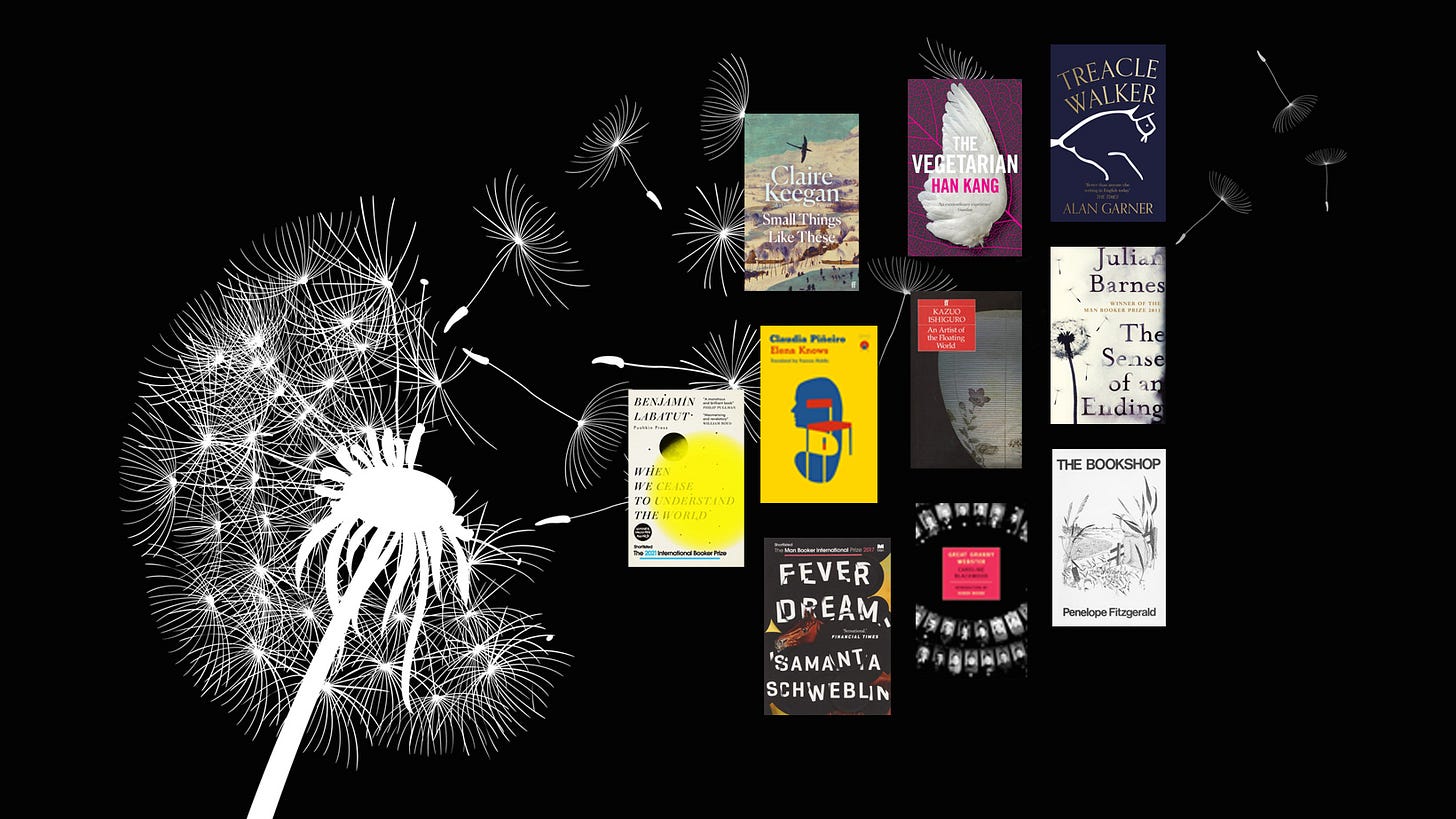
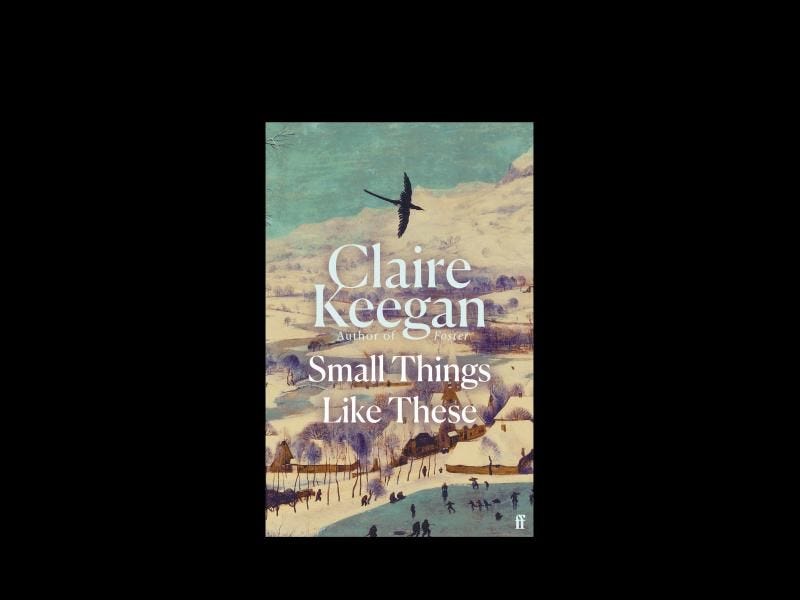

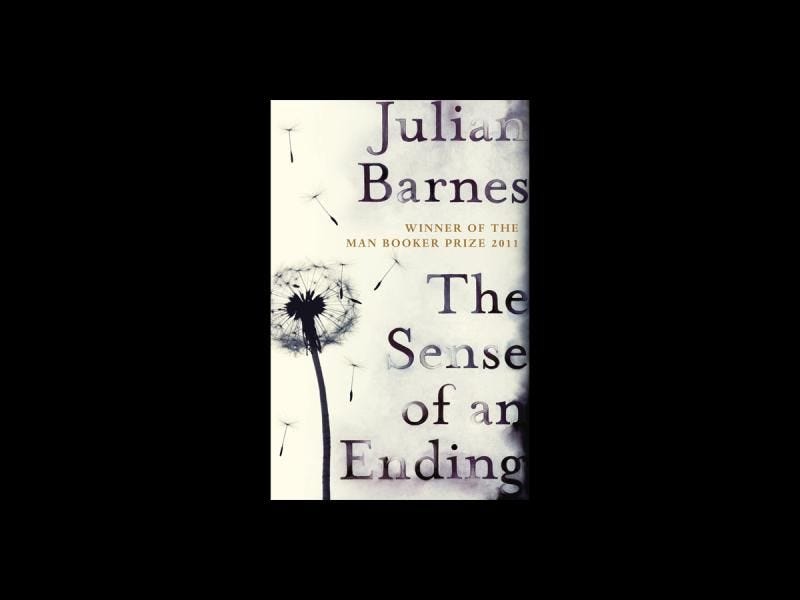
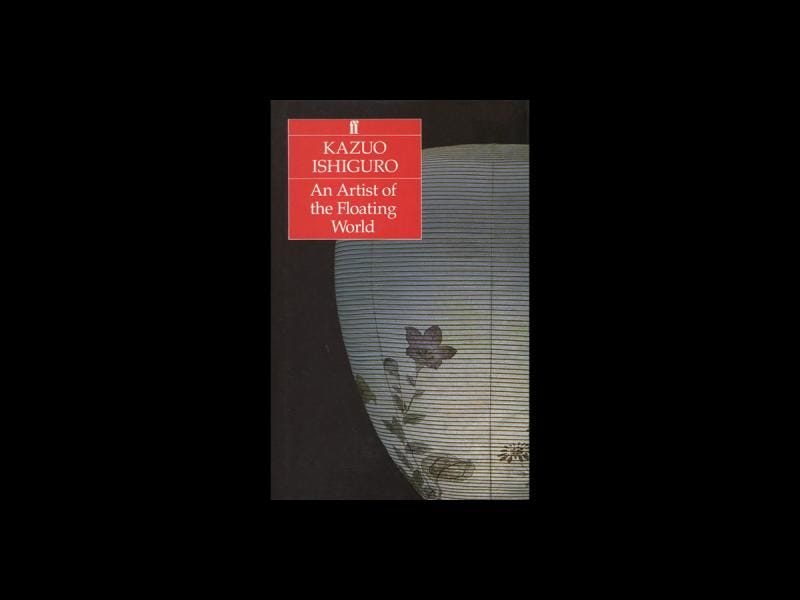
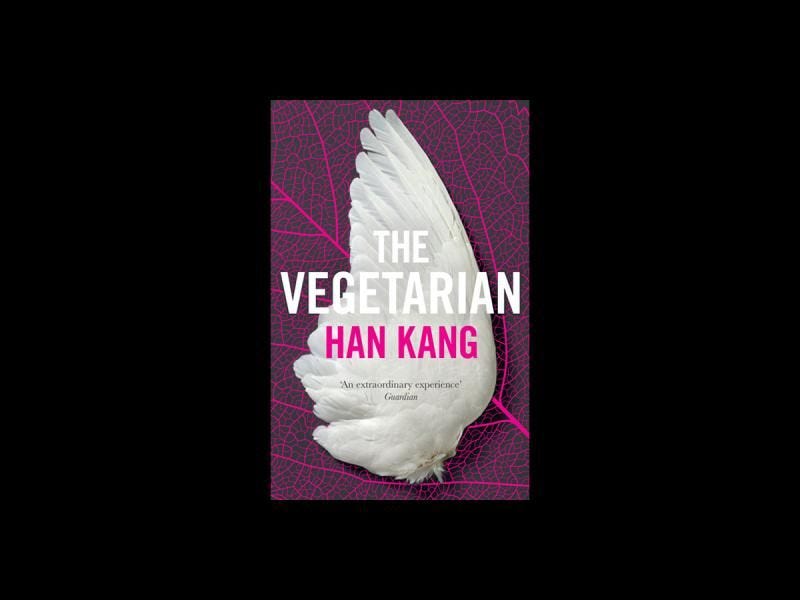
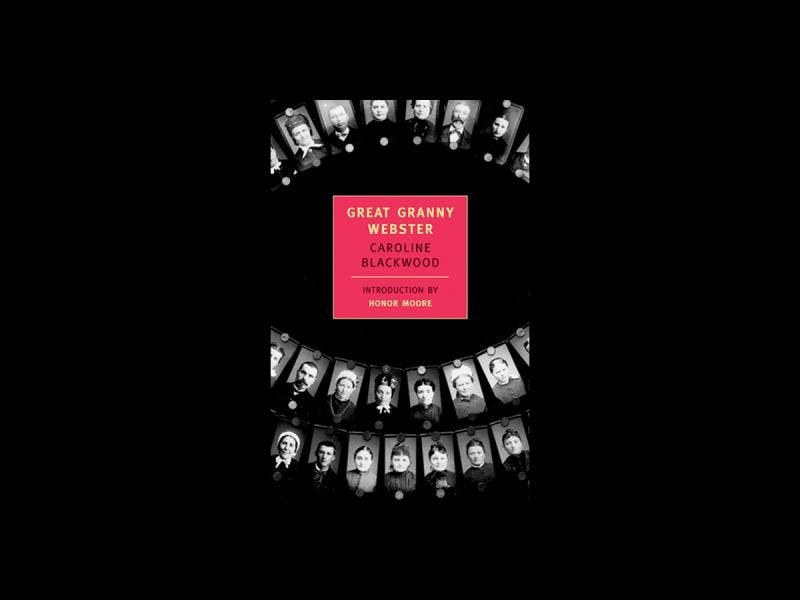
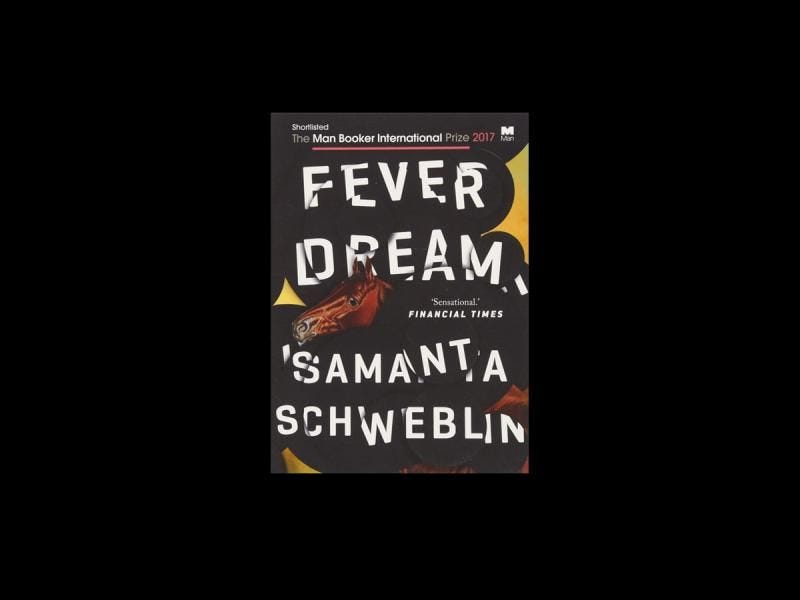
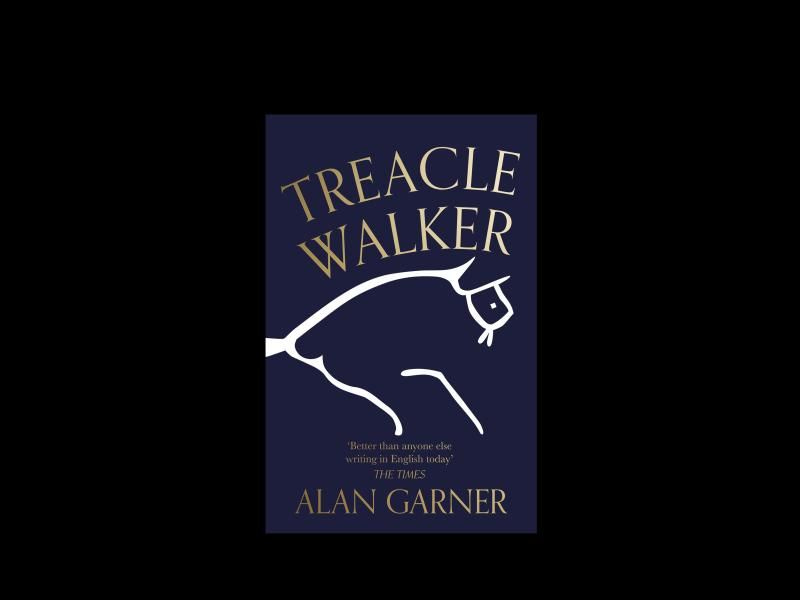
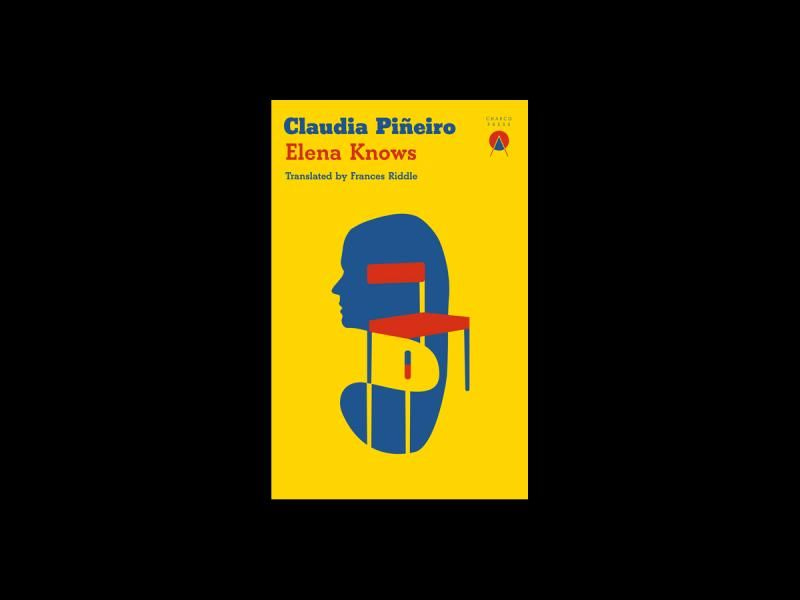
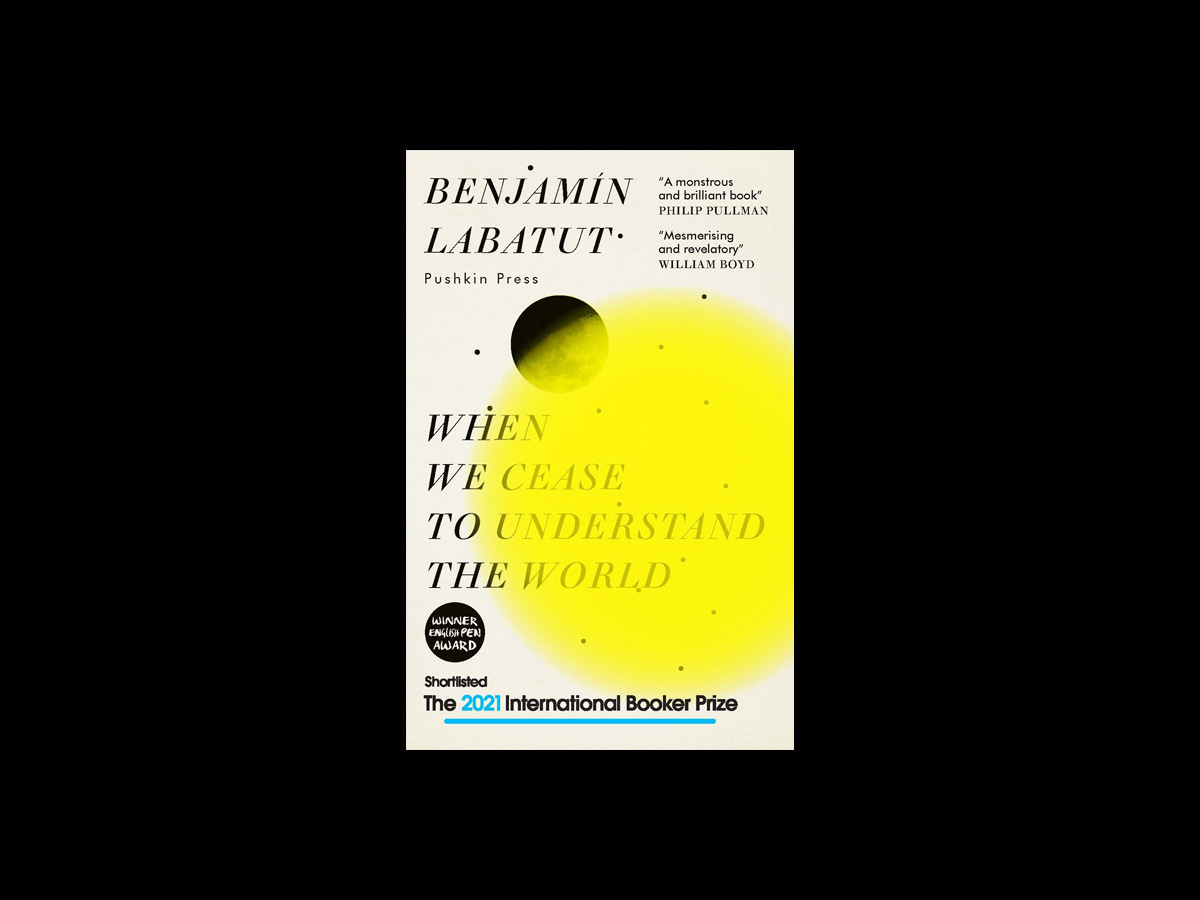
I'm a sucker for a shortie and these are great suggestions. Two others I'd flag - neither as short I think as Small Things Like These or Treacle Walker, but probably shorter than the others on this list - are John Fuller's Flying to Nowhere (shortlisted in 1983), about the disappearance of pilgrims at an island monastery, and J. L. Carr's much-loved A Month in the Country, shortlisted in 1980 and as beautiful and nostalgic an afternoon's reading experience as you could wish for.
It is an enormous hurdle for people in Africa that publishers simply say " Not available in your region" both for books or Audible. I understand the publishing rights but why not in Africa? We have more than enough challenges, please bring this to the attention of the publishers? my daughter in the USA is unable to send me a book as a gift due to this??? Thank you